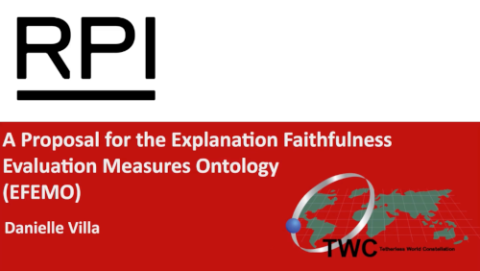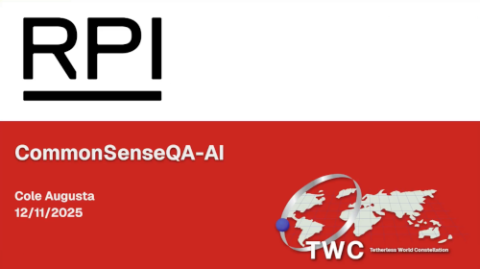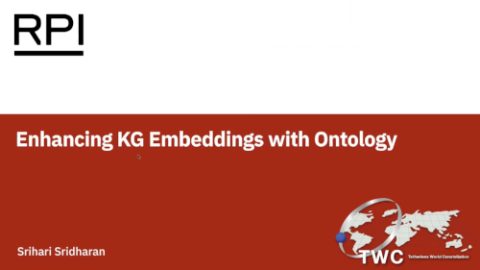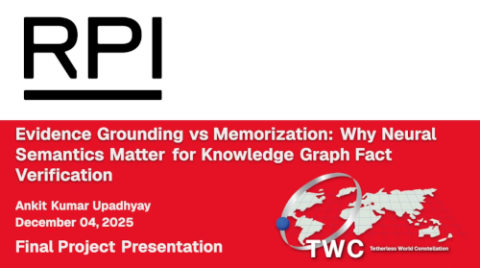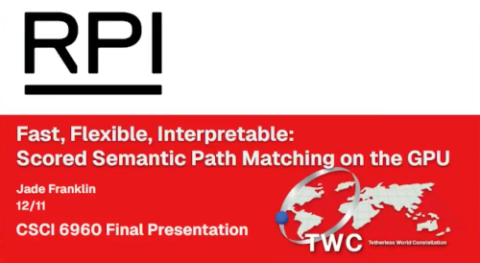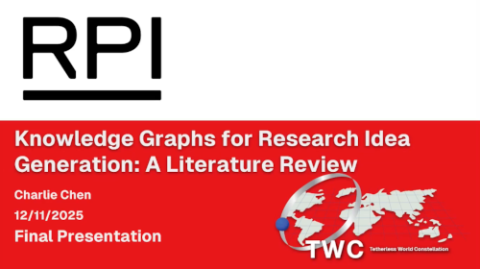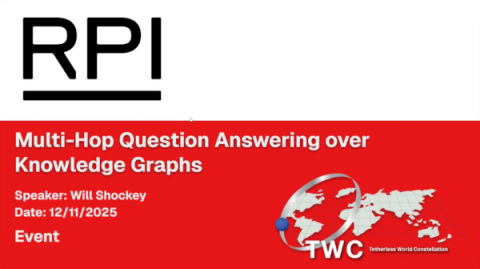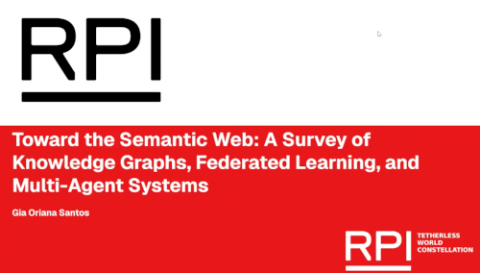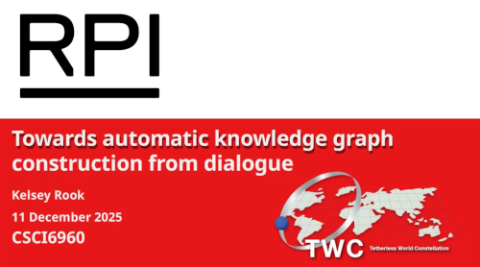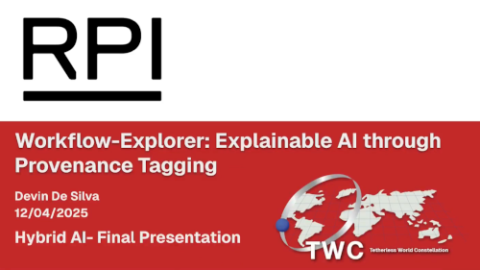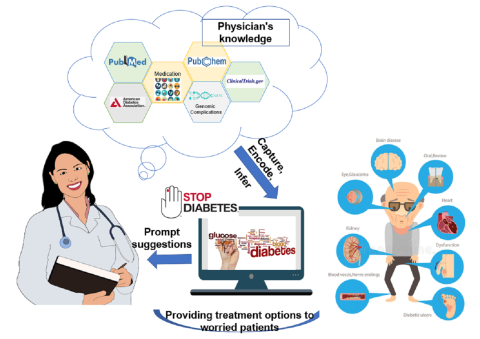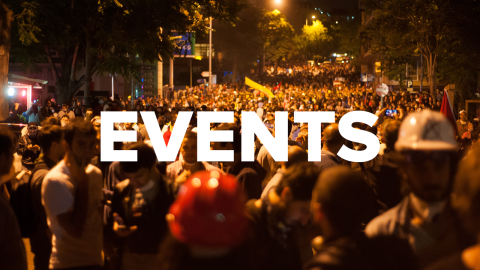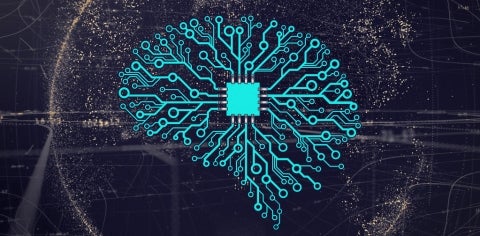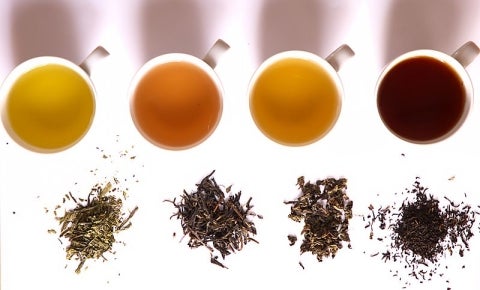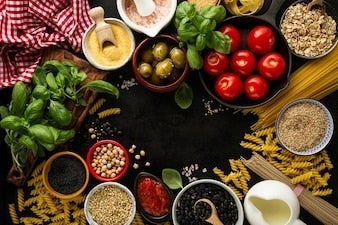Class Projects
Research Staff: John S. Erickson
Classes: Topics in Knowledge Graph-powered Hybrid AI 2025
Cole Augusta
Classes: Ontology Engineering - Fall 2022
Team
Rui Yan - knowledge engineer, software engineer
Hao Zhong - knolwedge engineer, software engineer, domain expert (certified soccer referee affiliated with United States Soccer Federation and National Intercollegiate Soccer Officials Association)
The ANNO Team
Matt Klawonn, MD Ridwan Al Iqbal, Spencer Norris
Summary
Welcome! You have found the Artificial Neural Network Ontology, or ANNO. Our goal is to create an ontology to recommend weight initializations for Keras neural network models, with the hope of extending to other artificial neural network libraries.
Rensselaer and Mount Sinai have created a unique partnership sponsored by the National Institutes of Health (NIH) to support groundbreaking work in the emergent field of “Exposomics”, which is the comprehensive study of environmental exposures in humans from conception through development. This newly formed program is called the Child Health Exposure Analysis Repository program, or CHEAR. As part of this effort, a team of Rensselear graduate students working in the 2016 Ontology Engineering Course with Profs.
What We Are Doing:
Using ontological engineering, Culture Shock seeks to provide comprehensive answers to questions about a particular subset of television shows (i.e. Atlanta) and the political themes covered within them. The questions we seek to provide answers include items such as: Does Lee experience Police Brutality? and Is Alfred Miles trolled by Zan? In an effort to achieve our goal, Culture Shock uses holistic methods to ensure that perspectives from culture, legislation, and social media are represented in the answer returned.
The number of people living with diabetes mellitus is constantly on the rise, from 108 million in 1980 to 422 million in 2014. And it’ll be the seventh leading cause of death in 2030. The need to rapidly and effectively diagnose and treat the illness is crucial. Recommendations in authoritative literature, Clinical Practice Guidelines (CPG)’s are often tailored to a diverse populations, but as patients get more complex they might not align well with supporting evidence.
Co-Investigators: Jon Harris, Manling Li, Theo Lipeles, Nasir Pauldon-Collins, Ananya Subburathinam
Overview
Machine learning allows us to learn a model for a given task such as facial recognition with a high degree of accuracy. However, after these models are generated they are often treated as black boxes and the limitations of a model are often unknown to the end user. To address this issue, we’ve developed a semantically enabled system that allows users to explore the limits of a facial recognition model.
We live in a world that contains many inexpensive, artificial and harmful things, and the packaged food industry is no exception. As many humans consume packaged food, the impact this can be significant.
The KGES Team:
- Amar Viswanathan - kannaa@rpi.edu
- Sabbir Rashid - rashis2@rpi.edu
- Ian Gross - grossi2@rpi.edu
Project Summary
Welcome! You have found the Knowledge Graph Evaluation System, or KGES. Our goal is to to detect and evaluate inconsistencies or potential incorrect labels from large scale Heterogeneous Knowledge Graphs that is constructed by outputs from IE toolkits.
Team Members
Hannah De los Santos, Anders Maraviglia
Goal
To develop an integrated League of Legends plugin to aid first-time players. This plugin will display suggested builds on screen throughout gameplay.
There are many kinds of tea in the world. Even when restricting the word to mean 'real tea', made with the leaves of Camellia sinensis, different kinds of processing give rise to green tea, black tea, white tea, oolong tea, pu-erh tea, and so on. Each of these categories has its own categories, from grassy, sharp sencha green tea to smoky gunpowder green tea. Beyond this, there are many tea blends available – Earl Grey, made from black tea and bergamont, or masala chai, black tea mixed with different spices.

